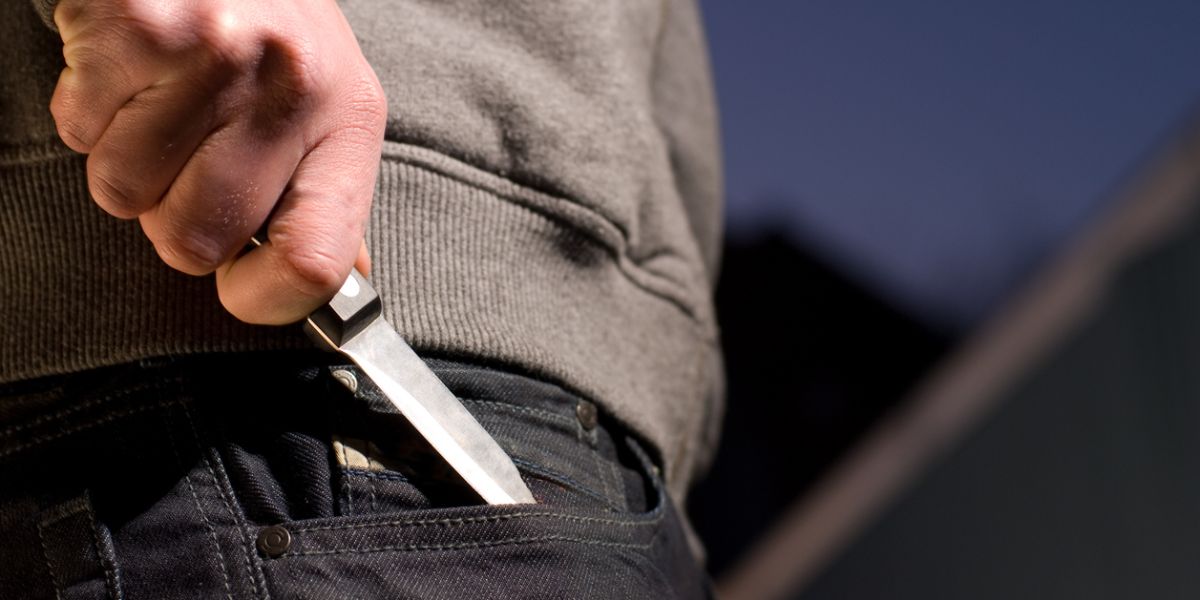When it comes to knife laws, New Jersey is one of the stricter states in the U.S. Whether you’re a collector, outdoor enthusiast, or just someone who carries a pocketknife for utility, it’s important to understand what’s legal—and what isn’t. Knife possession and carry laws in New Jersey can be confusing, and unintentional violations could result in serious consequences.
This guide breaks down the rules on knife ownership, carrying restrictions, and what you need to know to stay on the right side of the law.
Is It Legal to Own a Knife in New Jersey?
Yes, owning a knife is legal in New Jersey, but with some major exceptions. The state allows residents to own many types of knives, including:
- Pocketknives
- Utility knives
- Hunting knives
- Folding knives
- Kitchen and culinary knives
However, New Jersey prohibits the ownership of certain knives, including:
- Switchblades (automatic knives)
- Gravity knives
- Ballistic knives
- Daggers or stilettos with no practical utility
- Other weapons intended for use as weapons rather than tools
If a knife is deemed by law enforcement or a judge to be intended primarily for use as a weapon, even a legal knife could be considered illegal depending on the context.
Can You Carry a Knife in Public?
Carrying a knife in New Jersey is legal only under specific conditions. The key factor in determining legality is your intent. The law, under N.J.S.A. 2C:39-3, states that possessing a knife is not automatically a crime unless you intend to use it unlawfully against someone else.
In simpler terms:
- You can carry a knife if you have a lawful purpose, such as work, hunting, fishing, or utility.
- You cannot carry a knife if there’s no justifiable reason, especially in public areas or on school grounds.
Knives in vehicles must also have a lawful purpose. Simply keeping a knife in your glove compartment “just in case” can result in criminal charges if law enforcement determines there’s no valid reason for it.
Restrictions on Concealed Carry
New Jersey does not differentiate between open carry and concealed carry of knives. Instead, it focuses on intent and context. A knife concealed in your pocket or bag is not automatically illegal, but if you’re carrying it for self-defense or without a valid reason, that could lead to criminal charges.
If you are stopped by police and found to be carrying a knife, the officer may ask why. A vague answer or inability to explain its use can result in arrest or confiscation.
Special Locations Where Knives Are Strictly Prohibited
New Jersey law prohibits carrying knives in certain locations, regardless of intent. These include:
- Schools and school grounds
- Government buildings
- Airports
- Public events with security restrictions
Violating these location-specific laws can lead to serious charges, including weapons offenses, even if the knife would otherwise be legal elsewhere.
Can Minors Carry Knives?
Minors under the age of 18 cannot legally carry knives in New Jersey without direct parental supervision and a lawful reason—such as hunting, fishing, or participating in a supervised activity.
Even common utility knives or pocketknives can lead to legal trouble if a minor is found carrying one without justification. Parents should educate teens about the law to avoid unintended violations.
What Happens If You Break the Law?
Knife law violations in New Jersey can range from a disorderly persons offense to a felony-level charge, depending on the circumstances. Possessing a prohibited knife like a switchblade can result in:
- Fines
- Criminal charges
- Confiscation of the weapon
- Potential jail time
Self-defense is not automatically a valid legal justification for carrying a knife. Claiming you have a knife for protection can, in fact, be used against you if the knife is considered a weapon under the law.
Tips for Staying Within the Law
To avoid legal trouble, follow these basic rules:
- Stick to utility-style knives like small folding knives or multitools.
- Always carry with a clear, lawful purpose—work, camping, or utility.
- Avoid carrying knives in restricted areas, especially schools and public events.
- Never claim self-defense as your reason for carrying unless you’re in immediate danger and it’s a last resort.
- Keep receipts or documentation if the knife is part of a collection or toolset.
Conclusion
Knife laws in New Jersey are strict and heavily reliant on context. While many types of knives are legal to own and carry, the wrong situation—or the wrong intent—can quickly turn a legal item into a criminal offense.
Understanding the rules, respecting restricted areas, and carrying only when you have a justifiable reason can help keep you safe—and on the right side of the law.
When in doubt, consult a qualified attorney or local law enforcement for clarification. In a state like New Jersey, it’s always better to be safe than sorry.




